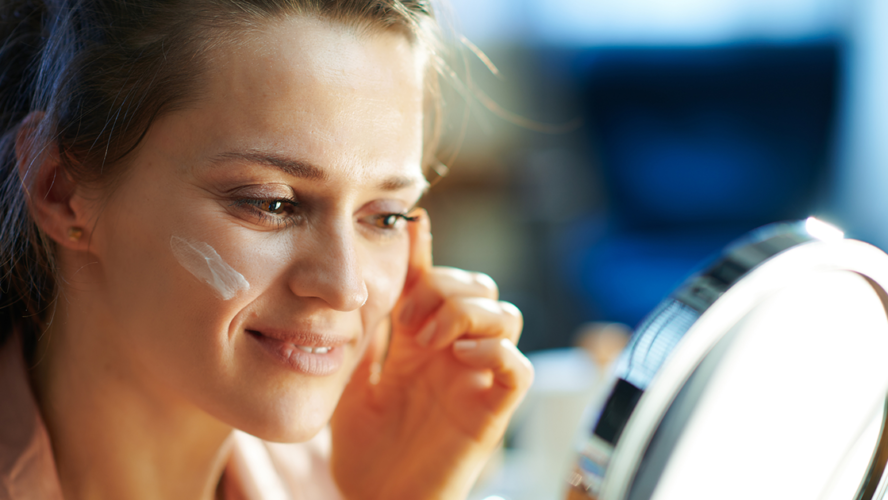
Dr Barry Moran
Immunology Researcher & Experimental Officer, Trinity Biomedical Sciences Institute, Trinity College Dublin, Irish Society for Immunology Member
With the winter upon us, it’s hard to ignore the effects this time of year can have on our skin, particularly if we suffer from skin immune conditions.
The cold weather and low relative humidity can sap moisture from the skin — leaving it dry, red and flaky. This can worsen with the dry heat blowing indoors throughout the winter. Moisturising helps to relieve these symptoms, and petroleum or cream-based moisturisers tend to be better than lotions.
Skin immune conditions in winter
As in all organs of the body, the immune system plays a major role in the skin; not only in preventing and fighting infection but also in maintaining healthy regulation. The cold weather can interfere with these processes or act as a trigger to drive abnormal responses. This is seen in a number of skin immune conditions where the symptoms seem to worsen during these colder, darker months.
For instance, psoriasis is a condition where specific skin cells over-multiply; leading to redness, rashes, and itchy, painful skin that can crack and bleed. The cold, dry air can worsen the symptoms; and with less sunshine and people wrapped up, the skin lacks exposure to ultraviolet (UV) rays from the sunlight. This UV light impedes the hyperactive skin cells, and UV therapy is an effective treatment for psoriasis; hence, its scarcity in winter can worsen the disease.
Eczema is an allergic skin disease, where an overreaction to factors leads to red, very itchy skin that’s prone to infection, particularly at the bends of the arms and knees. Along with the cold weather effects, people are more likely to have longer baths or showers at this time of year, which aggravates the itchiness and skin damage.
The cold weather and low relative humidity
can sap moisture from the skin.
Winter can bring relief to some sufferers
However, winter isn’t so bad for all skin disorders. Hidradenitis suppurativa (HS) is a painful disease characterised by persistent lesions and abscesses, which ooze and bleed. It primarily affects skin folds like the underarms and groin and is worsened by heat and sweaty conditions. Hence, the cooler climes are welcomed by HS sufferers, and there’s a notable drop in HS patients attending A&E during the winter months.

